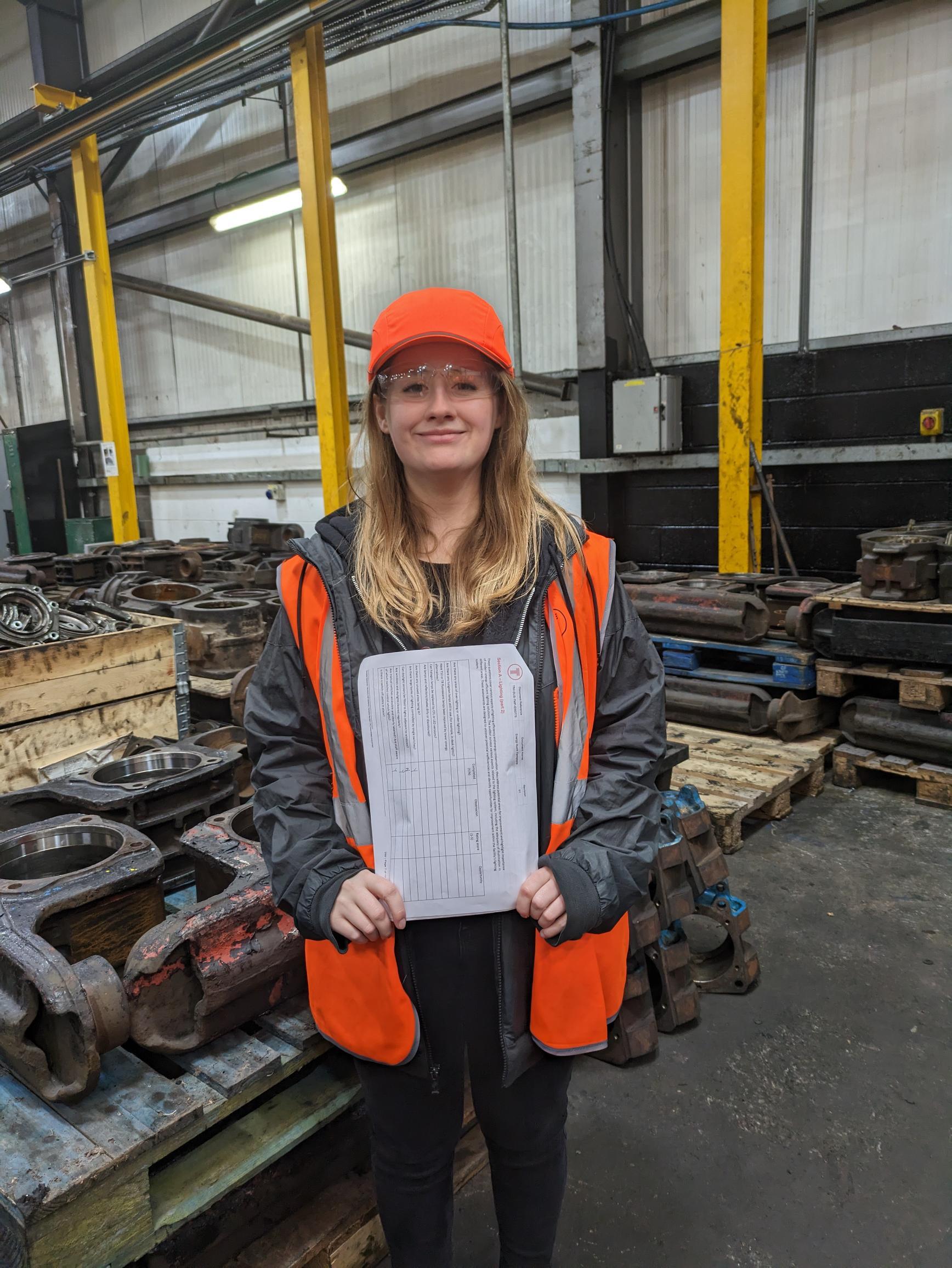
In the midst of GCSE and A-Level results day, both students and parents are anxiously waiting to see what’s inside those all-important envelopes.
As well as the long hours of revision and nerves in the exam hall, many young people have spent the year planning their next steps.
Whilst most people are aware of apprenticeships, there are still many misconceptions about them. We are here to bust these myths and prove that apprenticeships are valuable qualifications for all.
‘Apprenticeships are just for vocational skills, like plumbing or hairdressing.’
While it’s true that there are courses for these types of skills, there are many more options out there. We offer apprenticeships in Digital Marketing, Business Administration and Health & Social Care, to name a few.
Completing an apprenticeship does not mean you’re limited to one sector or occupation either – apprenticeships are a great opportunity for progression. You might be a level 2 Customer Service apprentice and choose to complete a level 3 apprenticeship in Leadership & Management, applying your transferable skills learnt through real-life experience.
‘Apprenticeships don’t lead to a full-time job.’
Apprenticeships provide on-the-job training. Recent datas hows that the vast majority stay in employment, often with the same employer.
After Codi Louise-Wiltshire left college, she was contacted by her old manager about completing a level 2 Business Administration apprenticeship. She decided to go for it.
“He said it would only be a temporary role until the qualification was completed, but I gained confidence in my role and my abilities so I stayed on. I thoughtI was only here for a year to do my first qualification and now here I am 7years later, ready to move on to be a manager.”
‘Apprenticeships are for people who can’t get into university’
Apprenticeships simply offer an alternative route to employment, but are not any less valuable. The hands-on approach to learning can suit people much better than university, with fast career progression.
Apprenticeships can be studied at a range of levels from foundation to higher apprenticeships, and are suitable for people at all skill levels. On top of this, apprentices will leave with a nationally recognised qualification which is just as valuable as college or university.
‘Apprenticeships aren’t well paid.’
What you earn as an apprentice depends on the industry, location, and type of qualification you choose. You can find the minimum apprenticeship rates here, but many employers do offer a competitive salary.
Apprenticeships are also fully funded by the government, which means apprentices don’t have to pay off student loans or tuition fees, unlike university.
For Zenzy Flowers, the option of earning whilst studying was invaluable. She says “I had my daughter at age 19 so as much as I wanted an education, it was important for me to be able to provide. Studying an apprenticeship was better than going to college as I was earning money while learning. Gaining a qualification, alongside my job, and doing it all while getting paid, was really important when I had a young child in the house.”
‘Only 16–18-year-olds do apprenticeships.’
Although many apprentices are school leavers and new recruits, there are no age limits on who can complete an apprenticeship. Some people undertake an apprenticeship to learn new skills within their sector or occupation, topping up their existing experience with new knowledge.
At 26, LucyWilliams was made redundant from her job in a factory with no qualifications and no plan for her next steps. With help from Educ8, she found her passion asa support worker and never looked back. 14 years later, she is working her dream job as Vocational Service Manager for Values in Care.
“I have now moved onto studying my Level 5 Health and Social Care Management. I’ve got to where I want to be within the company but I wanted to do the course for myself, get it under my belt to see what it can bring for me. There is always time to learn it doesn’t matter how old you are.”
Whether an apprentice is just starting their career journey or looking to advance within their existing role, the benefits of an apprenticeship are clear. The practical experience, knowledge from industry professionals and chance to get out the classroom and put skills into practise are invaluable.
To find out more about apprenticeships, visit: Apprenticeships




